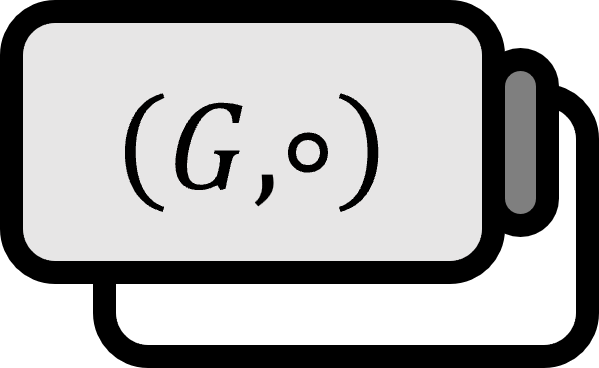Proof of the Factor Theorem
Theorem 1
Let’s say $f(x) \in F [ x ]$.
$$ f(a) = 0 \iff f(x) = (x-a) q(x) $$
Explanation
This is a theorem that guarantees the existence of factorization, which we have repeatedly done since middle school. It’s important to note that facts such as the Division Theorem or Factor Theorem only have meaning when the degree of a polynomial is finite.
Proof
$( \implies )$
Division Theorem: For $a_{n} \ne 0$ and $b_{m} \ne 0$, and $n > m > 0$, let the two elements of $F [ x ]$ be $$ f(x) = a_{n} x^{n} + \cdots + a_{1} x + a_{0} \\ g(x) = b_{m} x^{m} + \cdots + b_{1} x + b_{0} $$ . Then there uniquely exists $f(x) = g(x) q(x) + r(x)$ satisfying $q(x), r(x) \in F [ x ]$. The degree of $r$ is smaller than $m$.
By the Division Theorem, there uniquely exists $f(x) = (x-a) q(x) + r(x)$ satisfying $q(x) , r(x) \in F [ x ]$. Since the degree of $(x -a )^{1}$ is $1$, the degree of $r(x)$ is $0$, i.e., for some constant $c$, it is $r(x) = c$. Then: $$ f(x) = (x-a) q(x) + c $$ By substituting $x = a$, $$ 0 = f(a) = 0 q(a) + c = c $$ Thus, $f(x) = (x-a) q(x)$.
$( \impliedby )$ By substituting $x = a$ into $$ f(x) = (x-a) q(x) $$, we obtain $f(a) = 0 q(a) = 0$.
■
Fraleigh. (2003). A first course in abstract algebra(7th Edition): p211. ↩︎
